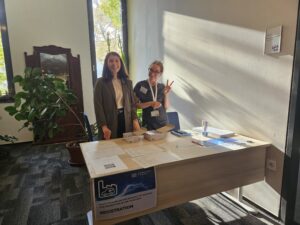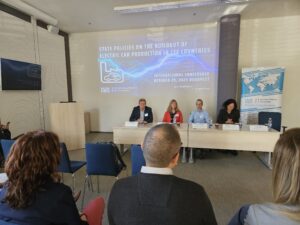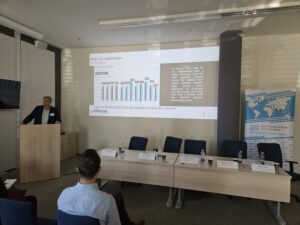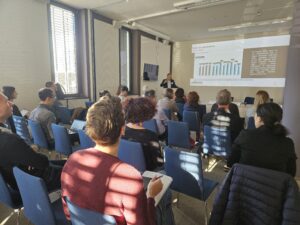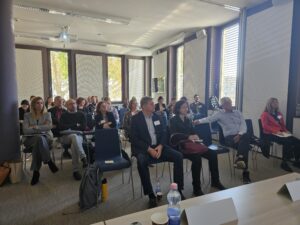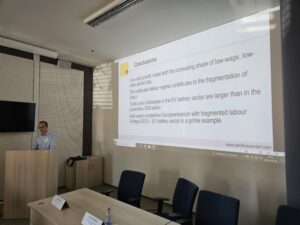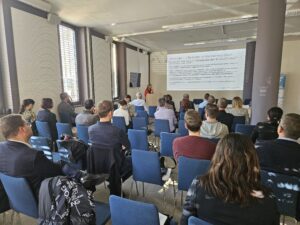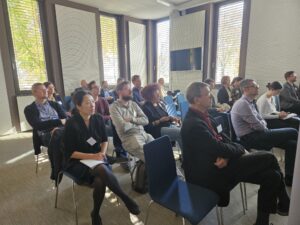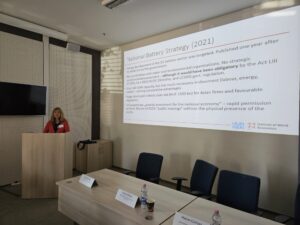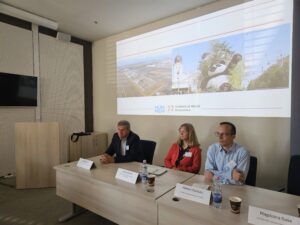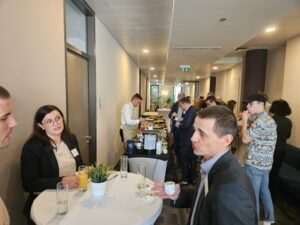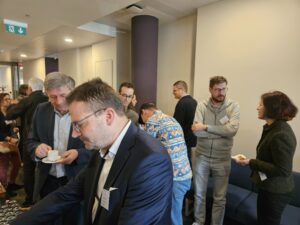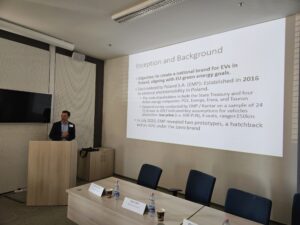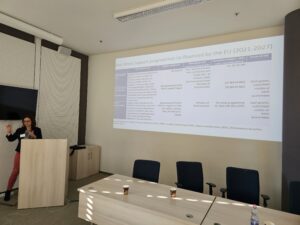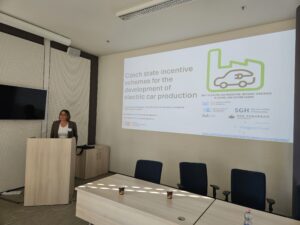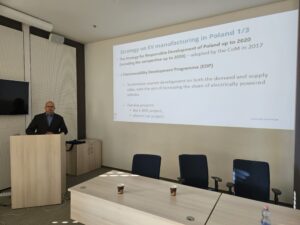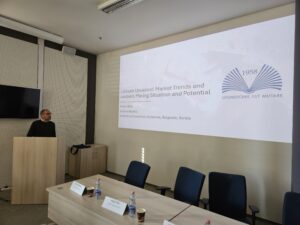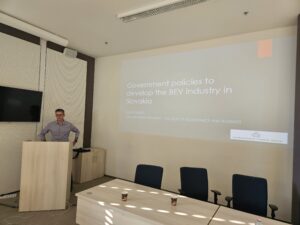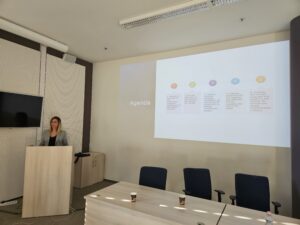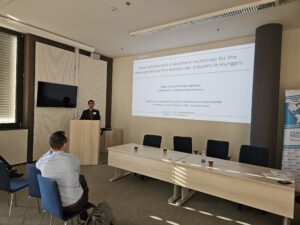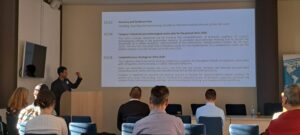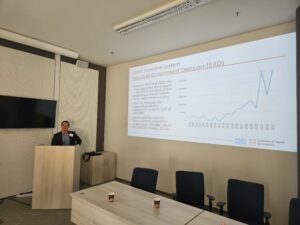
Efforts to reduce carbon emissions in road transportation are creating new challenges for Europe’s automotive industry. Substantial investments are made to meet the European Commission’s roadmap, particularly in addressing the gap in battery electric vehicle (BEV) battery development and production. Central and Eastern Europe is at the forefront of these efforts, attracting significant investments from BEV battery manufacturers, as the Visegrad 4 and Serbia play a significant role in European automotive production. However, foreign investors in V4 countries prioritise short-term gains over long-term strategies, maintaining assembly-based roles rather than advancing higher-value activities. Similarly, Serbia’s automotive industry has expanded primarily through foreign investments, albeit with limited added value due to the predominant role of assembling complex components imported from abroad.
This international conference will bring together representatives from stakeholders and researchers involved in the project. Stakeholders and researchers will share the results of their research on state policies on the buildout of electric car production, and the impact of the automotive transition on the automotive industry in Central and Eastern Europe.
This conference is part of an international project funded by the International Visegrad Fund, entitled: Shift to electric car production: national strategies in Central and Eastern Europe. Visegrad Grant No. 22330218
The project is co-financed by the Governments of Czechia, Hungary, Poland and Slovakia through Visegrad Grants from International Visegrad Fund. The mission of the fund is to advance ideas for sustainable regional cooperation in Central Europe.
TITLE OF THE CONFERENCE: State policies on the buildout of electric car production in CEE countries
DATE: October 29, 2024
VENUE: HTK, 1097 Budapest, Tóth Kálmán utca 4. (ON MAP)/ Ground Floor, Room K. 11-12.
ORGANISER: HUN-REN Centre for Economic and Regional Studies – Institute of World Economics with the support of the International Visegrad Fund
FORM: in-person
The language of the conference is ENGLISH
PROGRAMME AND PRESENTATIONS
SESSION 1: EXPERIENCES OF TRANSITION IN THE AUTOMOTIVE INDUSTRY
Csaba Kilián (Executive secretary-general, Association of Hungarian Automotive Industry – MAGE): Overview of the challenges of the Hungarian automotive sector
Márton Czirfusz (Periféria Policy and Research Center, HUN-REN CERS – Institute for Regional Studies): Hungarian labour challenges in EV battery production DOWNLOAD
Andrea Éltető (HUN-REN CERS – Institute of World Economics): Environmental effects of EV battery production in Hungary DOWNLOAD
Michał Schwabe (Warsaw School of Economics): Poland’s electric car: From ambition to disappointment DOWNLOAD
Petar Mitić (Institute of Economic Sciences, Belgrade): Lithium unveiled: Market trends and Serbia’s mining situation and potential DOWNLOAD
SESSION 2: STATE POLICIES ENCOURAGING BEV PRODUCTION
Adam A. Ambroziak (Warsaw School of Economics): Polish state policies and incentives on electric car production DOWNLOAD
Eva Křenková and Iveta Černá (Prague University of Economics and Business): Czech state incentive schemes for the development of electric car production DOWNLOAD
Tomáš Dudáš (Pan European University, Bratislava): Government policies to develop the BEV industry in Slovakia DOWNLOAD
Isidora Beraha (Institute of Economic Sciences, Belgrade): Steering toward sustainability: Government policies for electric vehicle production in Serbia DOWNLOAD
Gábor Túry and Tamás Szigetvári (HUN-REN CERS – Institute of World Economics): State policies and investment incentives for the development of the electric car industry in Hungary DOWNLOAD
PICTURES



